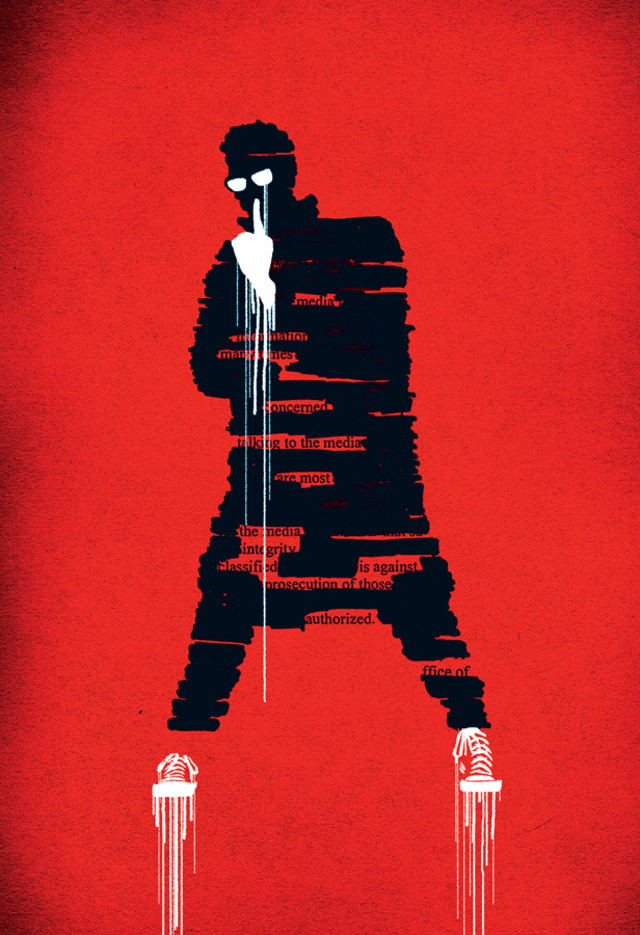Wiki Geek

Image: Benjamen Purvis
“WHERE ARE YOU?” the voice asked over the phone. “Okay, I’ll be there in five minutes. I’m wearing red shoes.”
Moments later, Jacob Appelbaum, WikiLeaks’ most infamous volunteer, appeared in the doorway of a Capitol Hill coffee shop he begged us not to name, scarlet Converse on his feet. This summer, the Seattle-based software developer and moonlighting WikiLeaks volunteer made international headlines when he was detained at the Newark airport for his alleged involvement with the organization notorious for disclosing over 90,000 classified Afghan war files. Appelbaum is a developer for the Tor project, which provides WikiLeaks with custom software that allows those who post on the site to do so anonymously and in a way that has made it impossible for authorities to track where the poster is located.
WikiLeaks has been denounced as a “criminal organization.” But is it? “The most interesting thing is to what extent WikiLeaks is guilty of any crimes,” says Richard LeBlanc, chair of computer science and software engineering at Seattle University. “The nature of the Internet is there is no one in charge, and that makes it very difficult to constrain what can be done on it.” And as far as those 90,000 documents, LeBlanc says there is no legal way the government can force WikiLeaks to take them down.
Still, Appelbaum is unofficially on the lam. He takes measures to make it difficult for strangers to find him, yet he did return our phone call. And, after a bit of cajoling, he agreed to meet. No, he will not comment on WikiLeaks or its founder Julian Assange. No, the conversation cannot be recorded. But yes, he would love to talk about cybercrime.
He sighed a lot, his black-framed glasses slipping down his nose. “The idea of cybercrime is bogus,” he said. It’s what one does with that technology that matters, he said. “People want to make an example of computer hackers. They’re the other. They’re cybercriminals. The Internet creates a moral panic in people who don’t understand it.”
The real problem, Appelbaum told us, is policymakers who have no background in technology. “We should have people who are respected computer scientists making policy. There needs to be a rational dialogue.” As for whether he thinks there will be a crackdown on cybercrime, Appelbaum shrugged. “People will prosecute, but it won’t make a difference.”
The definition and legal implications of cybercrime may be unclear. That did not, however, keep Appelbaum from getting “the best lawyers out there.”




